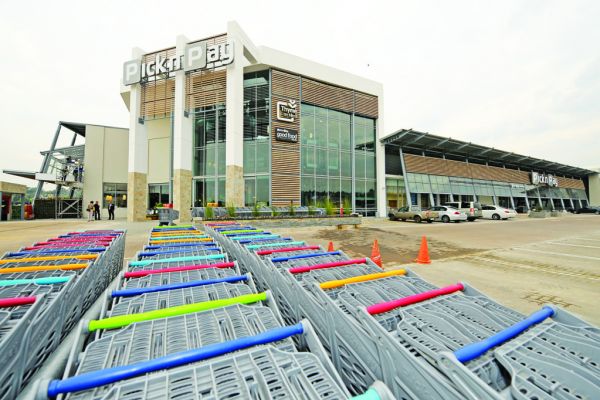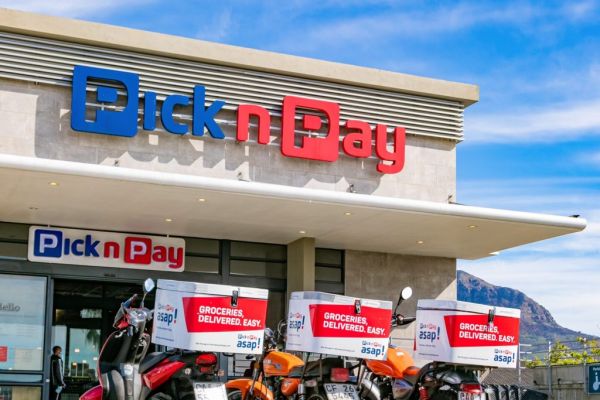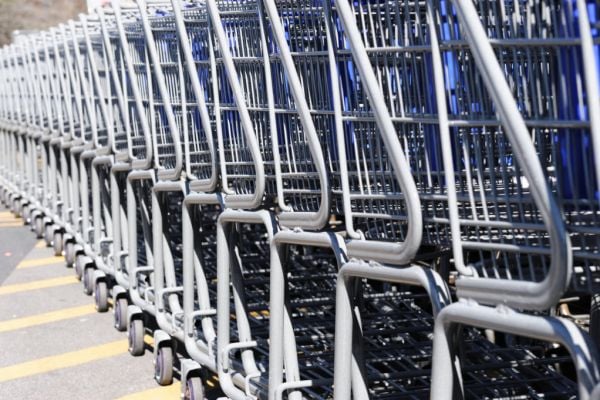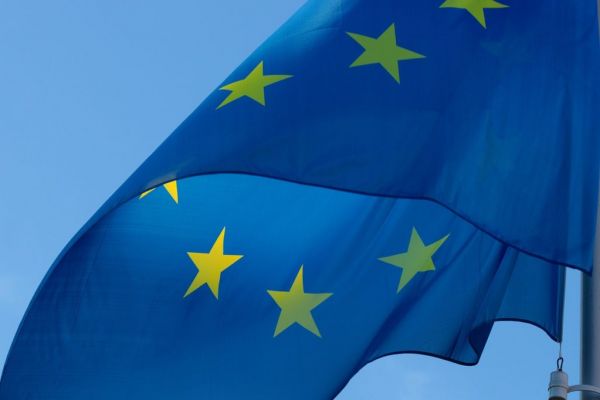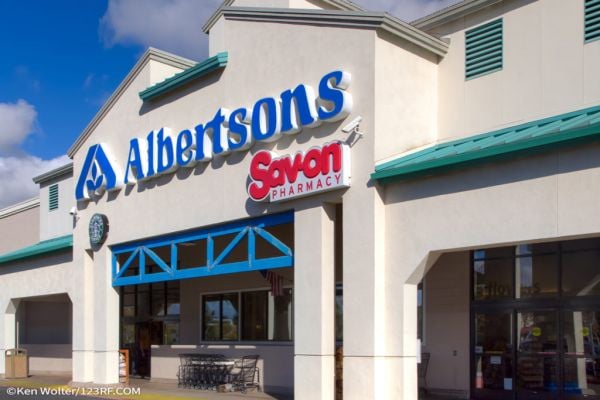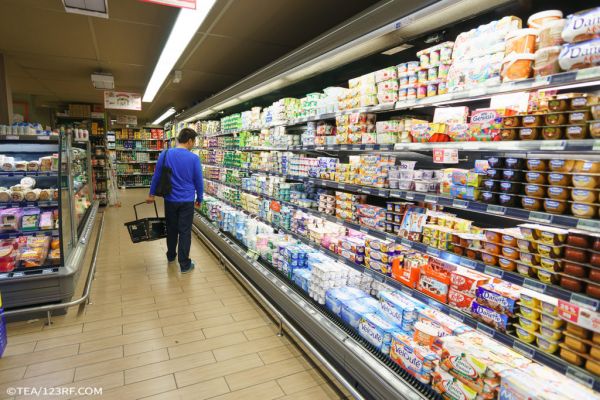South African grocer Pick n Pay has reported a 21.4% decline in annual earnings, weighed down by a ban on the sale of alcohol and other products, as well as by one-off compensation costs.
Headline earnings per share (HEPS), the main profit measure in South Africa, for the 52 weeks ended February 28 fell to 229.31 cents from 291.90 cents.
Comparable HEPS, which excludes hyperinflation accounting, fell by 16.8%.
"Our market leading sales growth in a difficult environment shows how we have kept our focus on our customers in the most challenging of times," commented chief executive Richard Brasher.
“Once the impact of once-off costs is taken into account, our earnings performance was exceptional despite all the challenges and disruption of this extraordinary year."
Group turnover growth of 4.3% was significantly impacted by bans on the sale of alcohol, cigarettes and other tobacco products, which resulted in an estimated 4 billion rand (€233 million) in lost sales.
South Africa Sales
Sales in core food and groceries in South Africa grew by 10%, while liquor and tobacco sales fell 31%. Clothing sales increased 1.3%.
Online sales jumped with a 150% increase in active online customers, said the retailer, which also operates in Zimbabwe and Zambia, as people avoided crowded malls and shops. The group also recently launched its own mobile phone service.
"Our online business responded extremely well to cater for customers in the lockdown, doubling scheduled deliveries and click n collect orders," said Brasher. "I want to thank our franchisees in particular for their extraordinary response during COVID-19, typified by how they expanded their own click n collect services for customers in very difficult times."
Trading expenses grew 8.1%, due to 200 million rand (€11.6 million) in additional costs related to the group's COVID-19 operational response.
They also reflected 200 million rand in one-off compensation costs related to voluntary and structured employee severance programmes.
Brasher Retirement
This was the last set of results issued by the retailer ahead of Brasher's retirement as chief executive, to be replaced by Pieter Boone, who the outgoing CEO described as "an exceptional retailer and well positioned to take the company into the future with confidence.”
Commenting on his retirement, Brasher added, "It has been a real privilege to lead the Group for the past eight years. My legacy is to leave the business stronger than I found it - equipped to win in the years to come."
News by Reuters, edited by ESM. For more Retail stories, click here. Click subscribe to sign up to ESM: European Supermarket Magazine.
